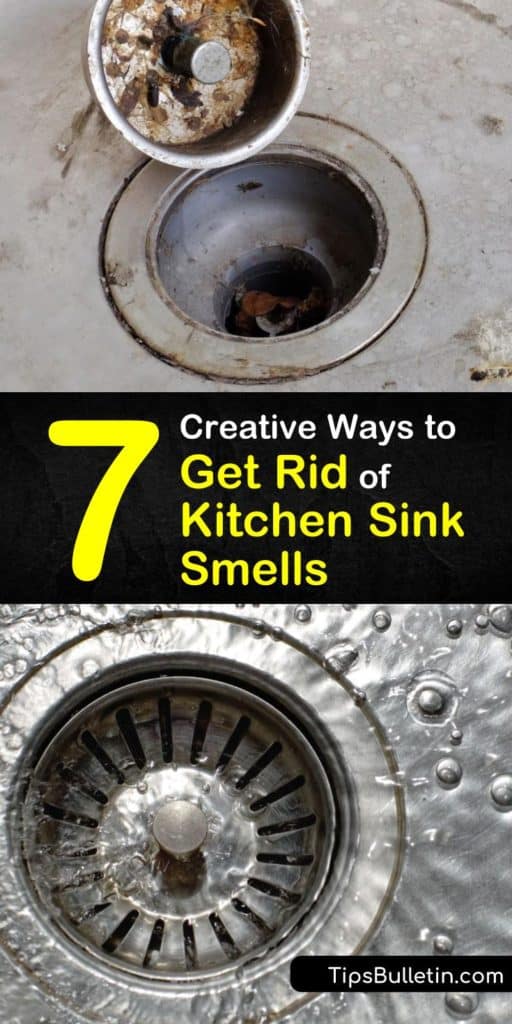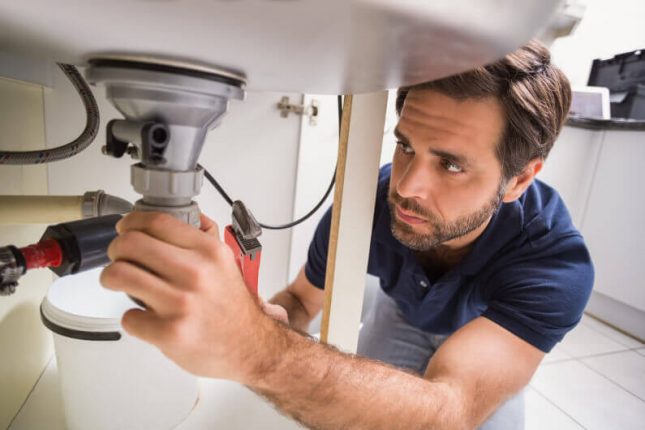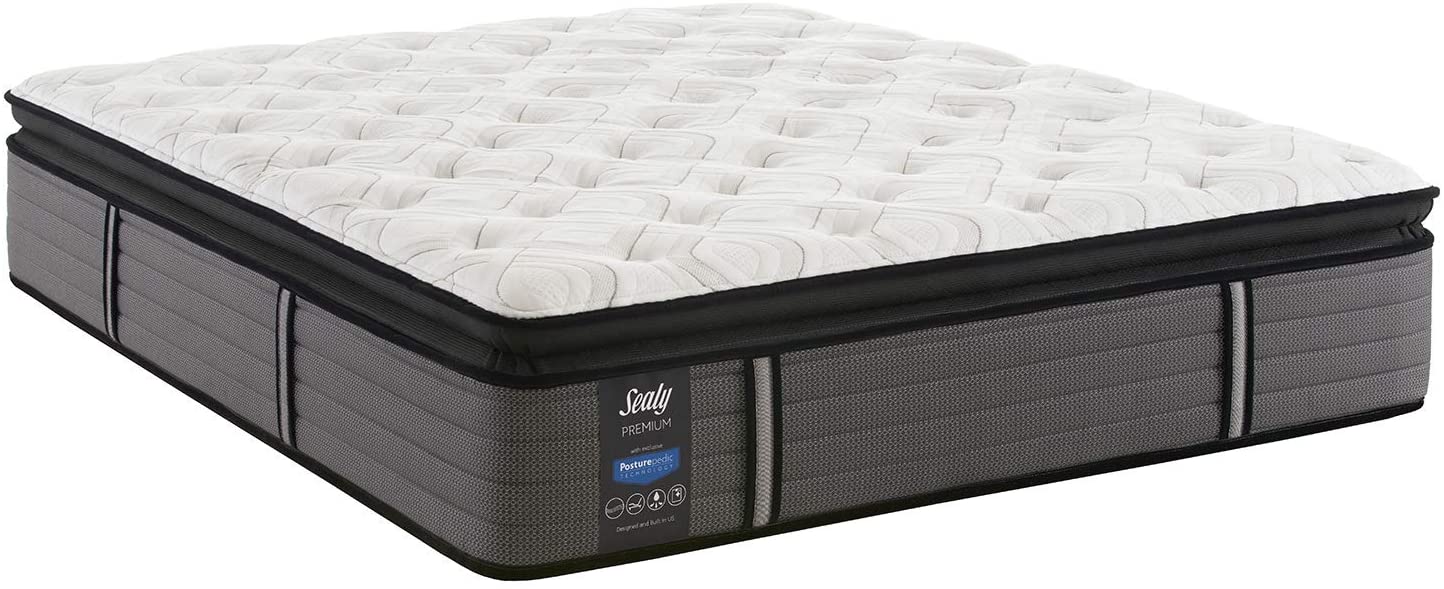There are few things worse than walking into your kitchen and being hit with a strong chemical smell coming from your sink. Not only is it unpleasant, but it can also be a sign of a larger issue. But before you panic and call a plumber, it's important to understand the common causes of a chemical smell coming from your kitchen sink. Chemical smell is a broad term that can encompass a variety of scents, from bleach to ammonia to rotten eggs. The source of the smell can determine the best course of action for getting rid of it. One of the most common causes of a chemical smell in the kitchen sink is a build-up of food, grease, and other debris in the drain. This can lead to bacteria growth, which produces a foul odor. Another potential cause is a clog in the drain that is trapping food particles and allowing them to decompose. If your kitchen sink has a garbage disposal, it's important to regularly clean and maintain it to prevent odors. Food scraps can get trapped in the disposal and begin to rot, leading to a chemical smell. Additionally, using harsh chemicals to clean your sink and pipes can also contribute to a chemical smell.1. Causes of a Chemical Smell Coming From a Kitchen Sink
Once you have identified the source of the chemical smell, it's time to take action and get rid of it. The first step is to thoroughly clean your kitchen sink and drain. Use a mild dish soap and hot water to scrub the sink and clean the drain. You can also try pouring a mixture of baking soda and vinegar down the drain, followed by boiling water, to help break up any clogs and neutralize odors. If the smell persists, you may need to use a stronger solution. A mixture of equal parts water and bleach can be poured down the drain to kill bacteria and eliminate odors. Just be sure to wear gloves and use caution when working with bleach. In addition to cleaning your sink and drain, it's important to also address any potential clogs. A plunger can be used to try and dislodge any blockages in the drain. If that doesn't work, you may need to use a plumbing snake to remove the clog.2. How to Get Rid of a Chemical Smell in Your Kitchen Sink
As mentioned earlier, there are a variety of chemicals that can cause a smell in your kitchen sink. Some of the most common include:3. Common Chemicals That Can Cause a Smell in Your Kitchen Sink
If you're not sure what is causing the chemical smell in your kitchen sink, there are a few steps you can take to identify and fix the issue. First, check the drain for any visible clogs or build-up. If you see any, try cleaning it out with a plunger or plumbing snake. Next, run hot water down the drain for a few minutes to see if it helps to flush out any remaining debris or bacteria. If the smell persists, it may be coming from a different source. Check the pipes under your sink for any leaks or cracks that could be allowing sewer gas to escape. This gas can have a strong chemical smell and is usually accompanied by a hissing sound. If you suspect a leak, it's important to call a plumber to address the issue.4. How to Identify and Fix a Chemical Smell in Your Kitchen Sink
If you prefer to avoid using harsh chemicals in your home, there are natural remedies that can help eliminate a chemical smell in your kitchen sink. As mentioned earlier, a mixture of baking soda and vinegar can be an effective way to clean and deodorize your drain. You can also try pouring boiling water down the drain to help break up any clogs and kill bacteria. Another natural solution is using citrus fruits such as lemons or oranges. Cut up the fruit and run it through the garbage disposal to freshen up your sink and drain. You can also try freezing slices of lemon or orange in ice cubes and running them through the disposal for a more thorough cleaning.5. Natural Remedies for Eliminating Chemical Smells in Your Kitchen Sink
The best way to deal with a chemical smell in your kitchen sink is to prevent it from happening in the first place. Regular maintenance and proper cleaning can go a long way in keeping your sink smelling fresh. Be sure to clean your kitchen sink and drain regularly, using natural or mild cleaning solutions. Avoid pouring harsh chemicals down the drain, as they can damage pipes and contribute to foul odors. Additionally, avoid putting food scraps, grease, and other debris down the drain to prevent clogs and bacteria growth. You can also try pouring boiling water down the drain once a week to help keep it clean and free of odors. And don't forget to regularly clean and maintain your garbage disposal as well.6. How to Prevent Chemical Smells in Your Kitchen Sink
While a chemical smell in your kitchen sink may seem like a minor inconvenience, it's important not to ignore it. In addition to being unpleasant, it can also be a sign of a larger issue that needs to be addressed. Chemical smells can be a sign of clogged pipes, which can lead to backups and potential water damage. They can also indicate a leak or crack in the pipes, which can cause more serious issues if left untreated. If you notice a persistent chemical smell in your kitchen sink, it's important to take action and address the issue before it becomes a bigger problem.7. The Dangers of Ignoring a Chemical Smell in Your Kitchen Sink
Regularly cleaning and maintaining your kitchen sink is key to preventing chemical smells. Here are some tips to help keep your sink smelling fresh:8. How to Clean and Maintain Your Kitchen Sink to Avoid Chemical Smells
If you have tried all of the above solutions and the chemical smell in your kitchen sink persists, it may be time to call in a professional. Plumbers have specialized tools and expertise to identify and address the source of the smell. They may use a video camera to inspect your pipes and locate any clogs or leaks. They can also use professional-grade cleaning solutions to thoroughly clean and deodorize your sink and drain. While it may be a bit more expensive than DIY methods, hiring a professional can save you time and hassle in the long run.9. Professional Solutions for Removing Chemical Smells in Your Kitchen Sink
If you have tried all of the above solutions and the chemical smell in your kitchen sink persists, it's time to call a plumber. In addition to using specialized tools and cleaning solutions, they can also help determine the source of the smell and make any necessary repairs. It's important to call a plumber if you notice any of the following signs:10. When to Call a Plumber for a Persistent Chemical Smell in Your Kitchen Sink
Preventing Kitchen Sink Odors in Your Home
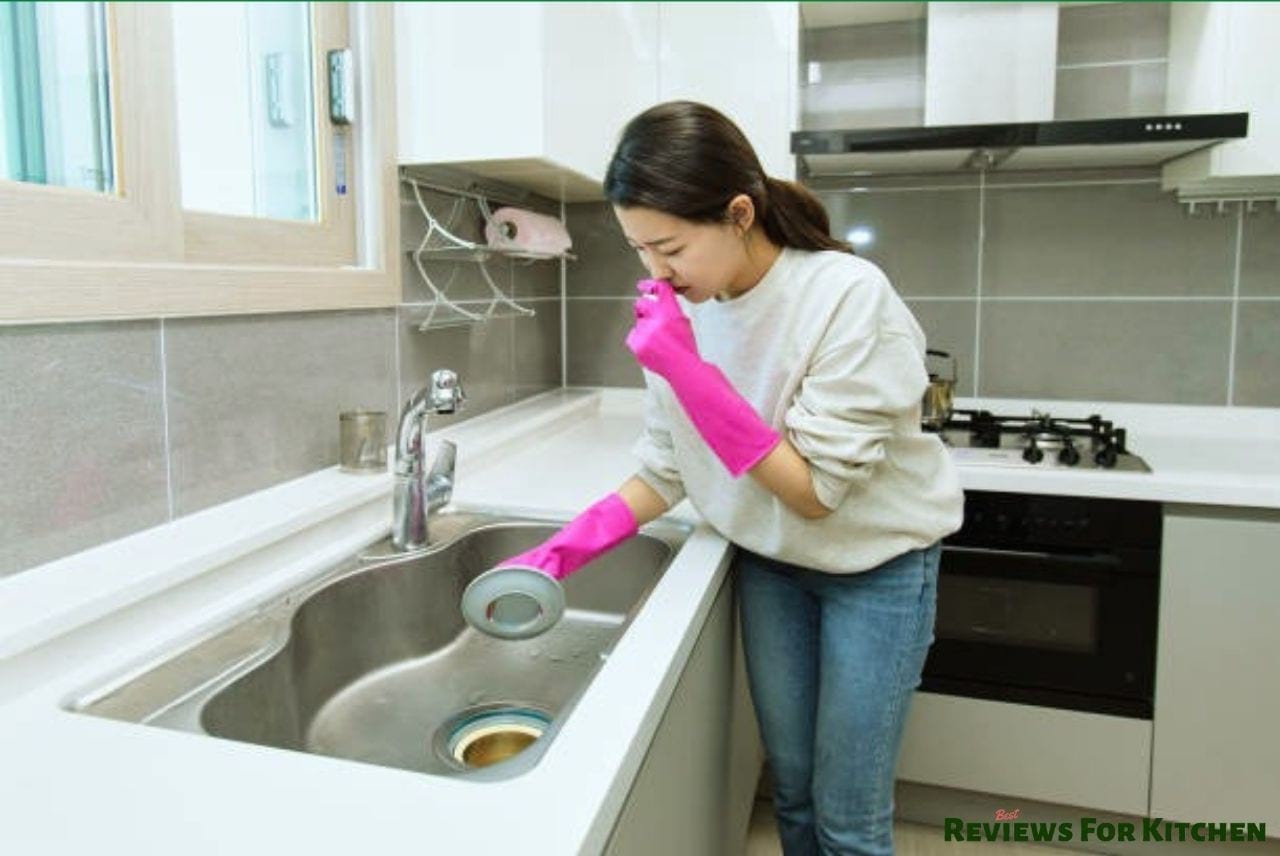
Eliminating the Chemical Smell Coming from Your Kitchen Sink
 If you have noticed a strong
chemical smell coming from your kitchen sink
, you are not alone. Many homeowners experience this unpleasant odor and it can be caused by a variety of factors. The good news is that there are several steps you can take to
eliminate the smell and prevent it from coming back
. Let's explore some common causes of the chemical smell and how you can address them.
If you have noticed a strong
chemical smell coming from your kitchen sink
, you are not alone. Many homeowners experience this unpleasant odor and it can be caused by a variety of factors. The good news is that there are several steps you can take to
eliminate the smell and prevent it from coming back
. Let's explore some common causes of the chemical smell and how you can address them.
1. Cleaning Products
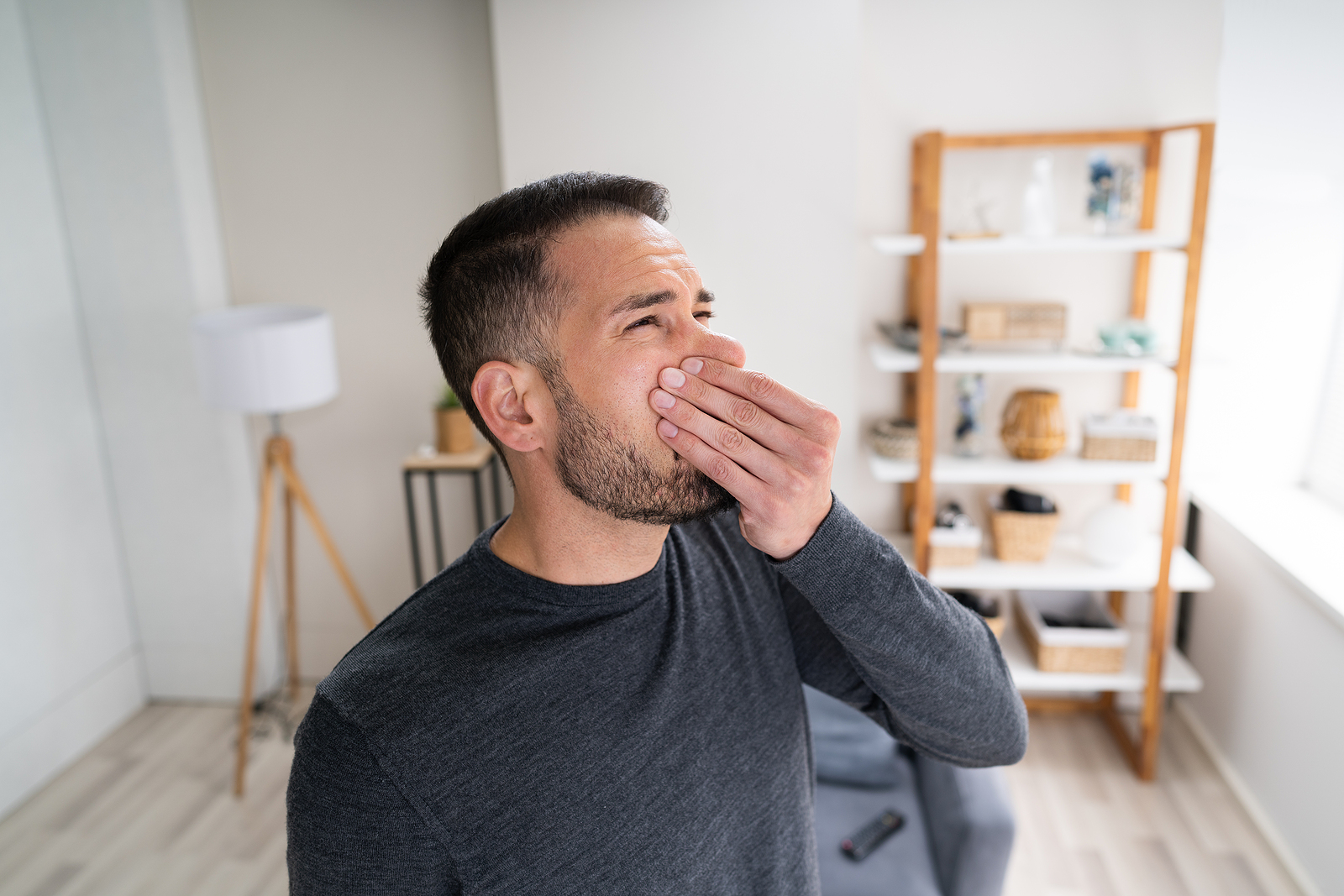 One of the main culprits of a
chemical smell in your kitchen sink
could be the cleaning products you are using. Many household cleaners contain harsh chemicals that can leave behind a strong odor. To prevent this, try switching to
all-natural or organic cleaning products
that are free of harsh chemicals. You can also
make your own cleaning solutions
using ingredients like vinegar, baking soda, and essential oils.
One of the main culprits of a
chemical smell in your kitchen sink
could be the cleaning products you are using. Many household cleaners contain harsh chemicals that can leave behind a strong odor. To prevent this, try switching to
all-natural or organic cleaning products
that are free of harsh chemicals. You can also
make your own cleaning solutions
using ingredients like vinegar, baking soda, and essential oils.
2. Clogged Drain
 A clogged drain can also lead to a
chemical smell coming from your kitchen sink
. When food scraps and grease build up in your drain, they can start to decompose and produce a foul odor. To prevent this, make sure to
clean your drain regularly
by using a mixture of hot water and vinegar or a drain cleaner. It's also important to
avoid pouring grease and food scraps down your drain
in the first place.
A clogged drain can also lead to a
chemical smell coming from your kitchen sink
. When food scraps and grease build up in your drain, they can start to decompose and produce a foul odor. To prevent this, make sure to
clean your drain regularly
by using a mixture of hot water and vinegar or a drain cleaner. It's also important to
avoid pouring grease and food scraps down your drain
in the first place.
3. Garbage Disposal
 Your garbage disposal can also be a source of the
chemical smell in your kitchen sink
. Food particles and debris can get stuck in the blades and start to rot, causing an unpleasant odor. To get rid of the smell, try
running hot water and lemon slices
through your garbage disposal. You can also
clean the blades with a mixture of ice and salt
to remove any built-up food particles.
Your garbage disposal can also be a source of the
chemical smell in your kitchen sink
. Food particles and debris can get stuck in the blades and start to rot, causing an unpleasant odor. To get rid of the smell, try
running hot water and lemon slices
through your garbage disposal. You can also
clean the blades with a mixture of ice and salt
to remove any built-up food particles.
4. Plumbing Issues
 If you have tried all of the above solutions and are still experiencing a strong chemical smell in your kitchen sink, it could be a sign of a
plumbing issue
. A damaged or corroded pipe can emit a chemical odor, and it's important to
have a professional plumber inspect your pipes
to determine the cause of the smell. They can also
repair or replace any damaged pipes
to eliminate the odor.
If you have tried all of the above solutions and are still experiencing a strong chemical smell in your kitchen sink, it could be a sign of a
plumbing issue
. A damaged or corroded pipe can emit a chemical odor, and it's important to
have a professional plumber inspect your pipes
to determine the cause of the smell. They can also
repair or replace any damaged pipes
to eliminate the odor.
Conclusion
 No one wants to deal with a
chemical smell coming from their kitchen sink
. By following these tips, you can
eliminate the smell and prevent it from coming back
. Remember to use natural cleaning products, keep your drain and garbage disposal clean, and address any plumbing issues promptly. With these steps, you can enjoy a fresh and clean kitchen without any unpleasant odors.
No one wants to deal with a
chemical smell coming from their kitchen sink
. By following these tips, you can
eliminate the smell and prevent it from coming back
. Remember to use natural cleaning products, keep your drain and garbage disposal clean, and address any plumbing issues promptly. With these steps, you can enjoy a fresh and clean kitchen without any unpleasant odors.





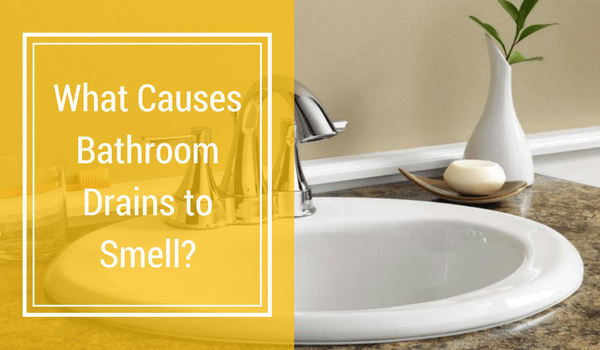

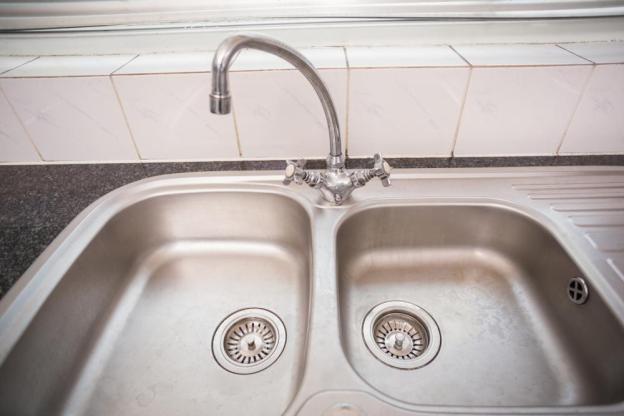



.png)
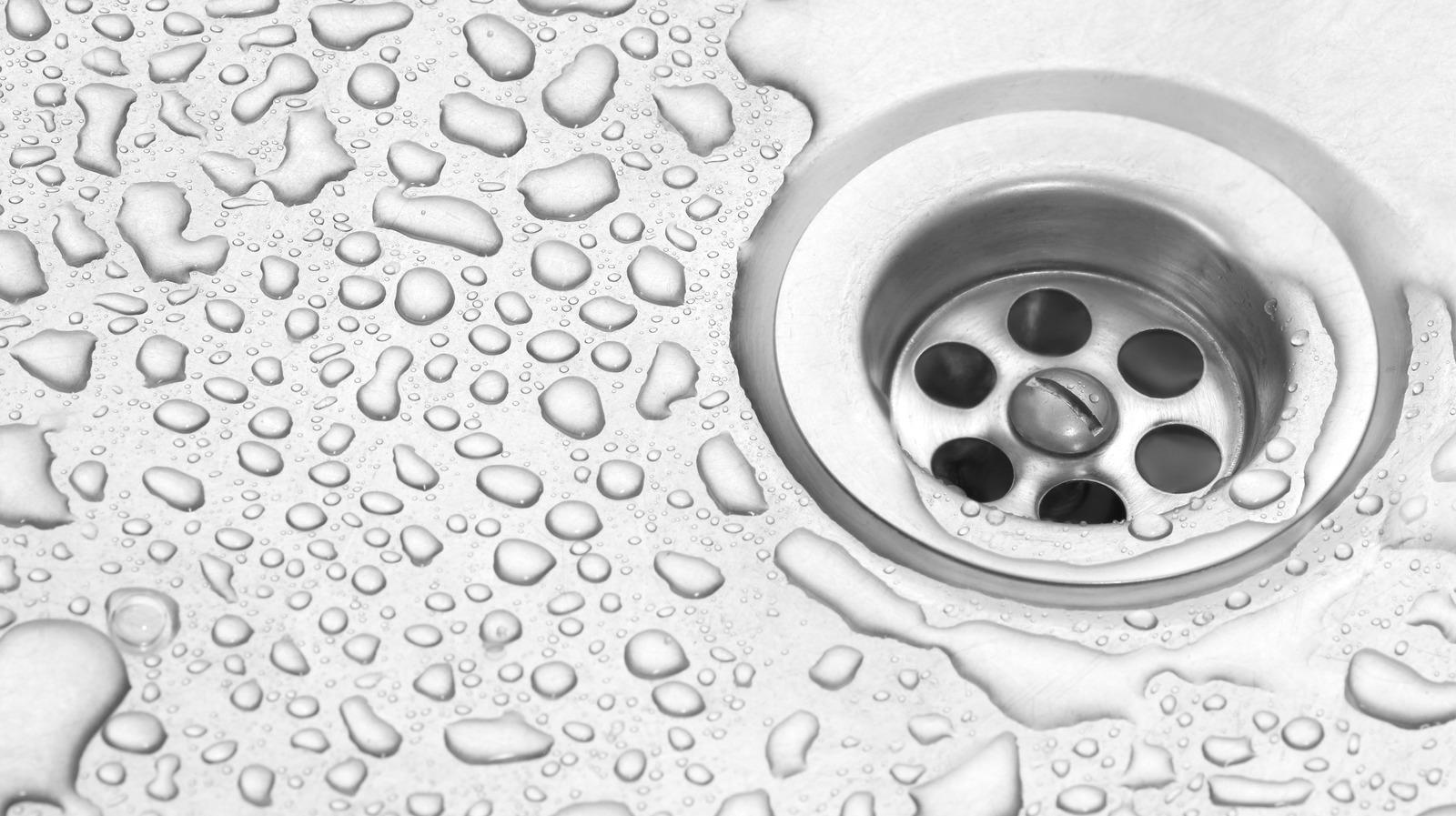







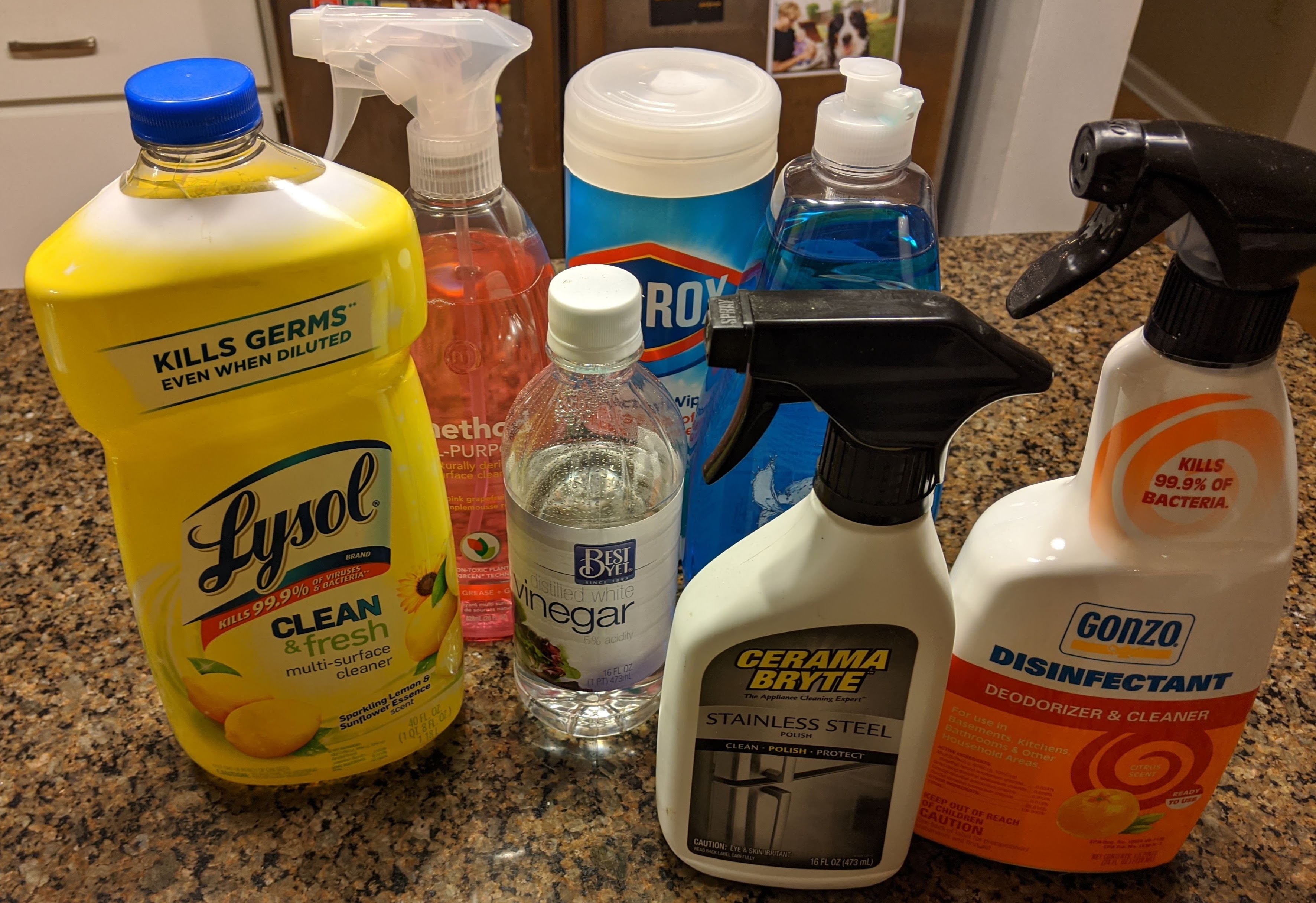


:max_bytes(150000):strip_icc()/kitchen-smells-c8c99aa82ac7481b860c3b0a8feb1a32.jpg?strip=all)



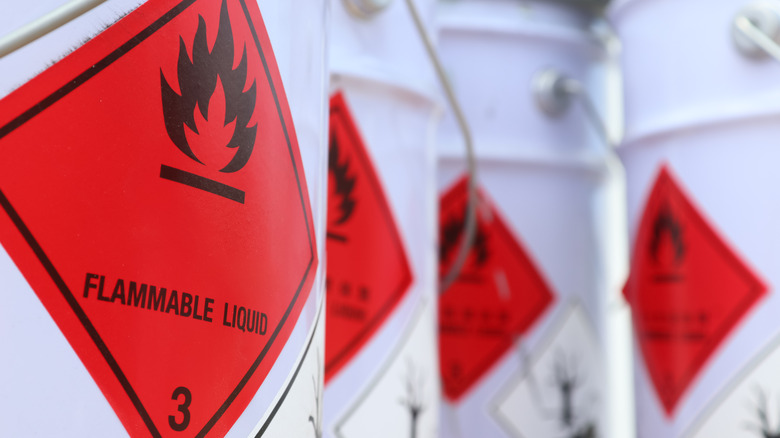

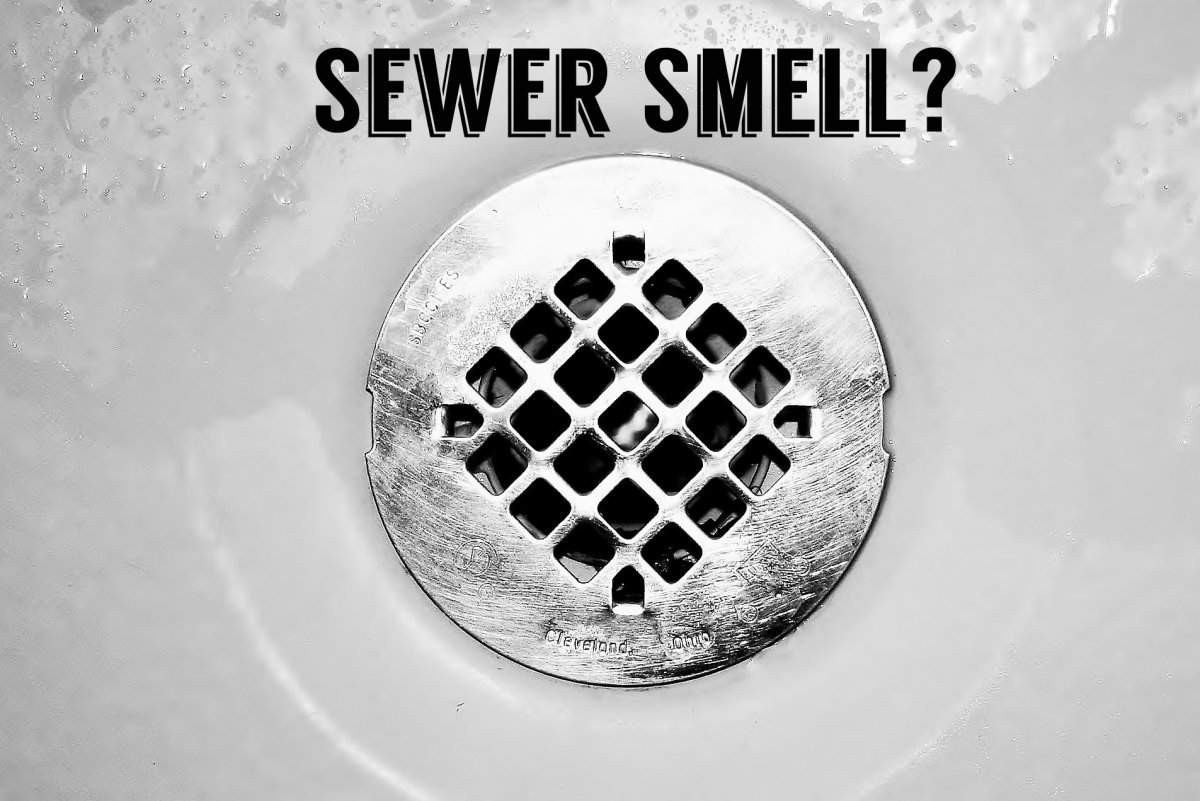











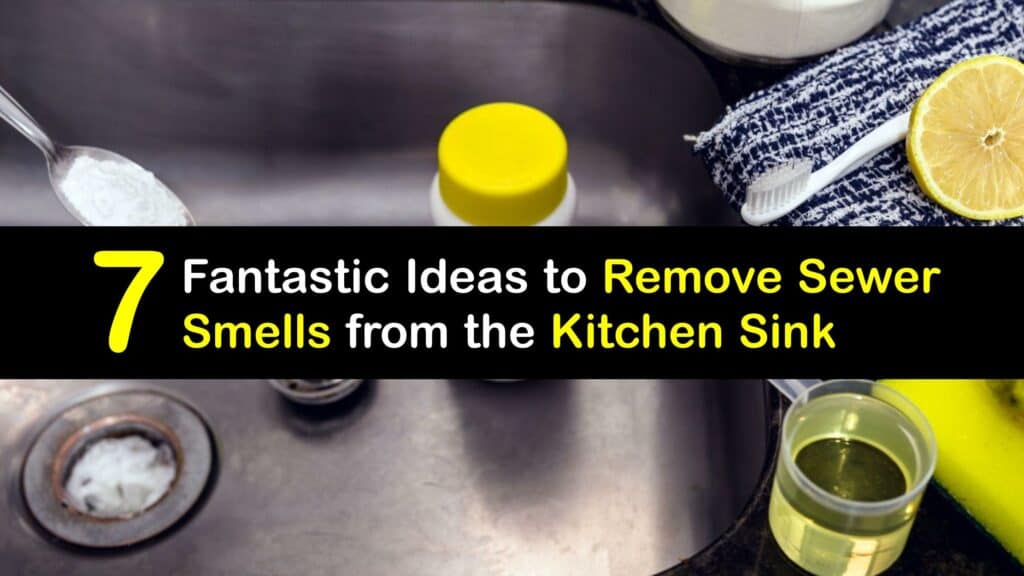






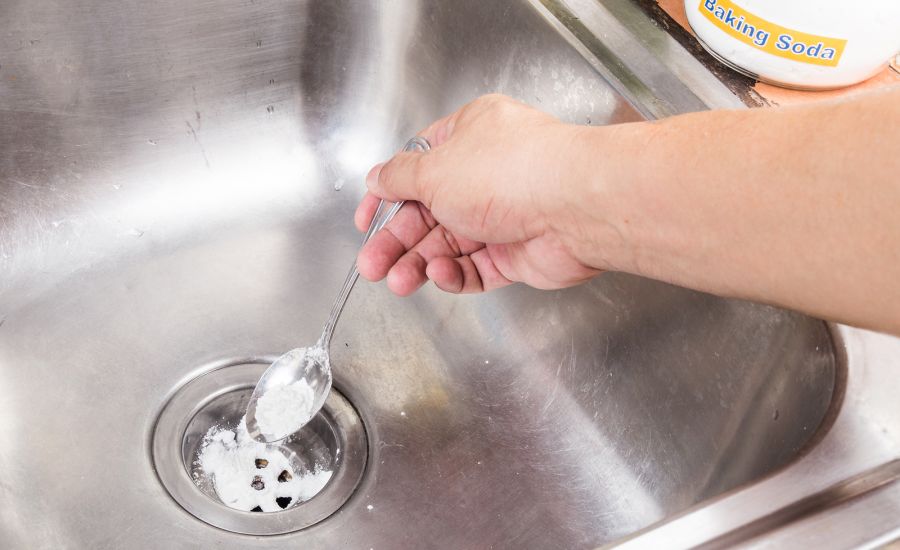






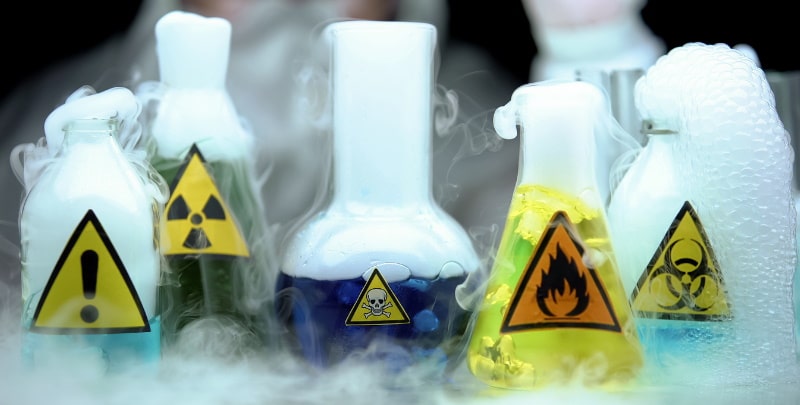


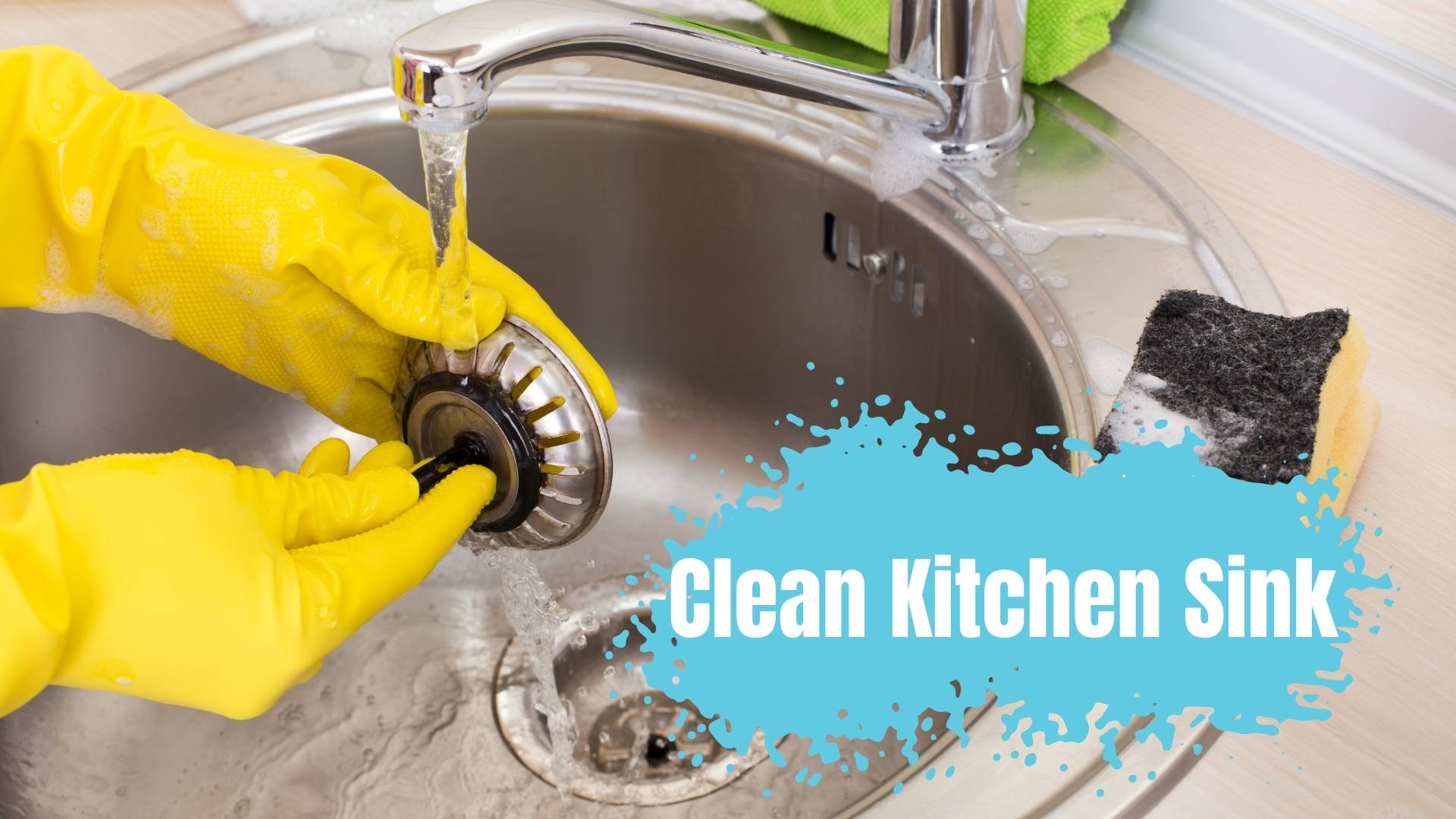







:max_bytes(150000):strip_icc()/Basic-kitchen-sink-types-1821207_color_rev-0b539306b9ef4236a136624ad2a89a4c.jpg)
